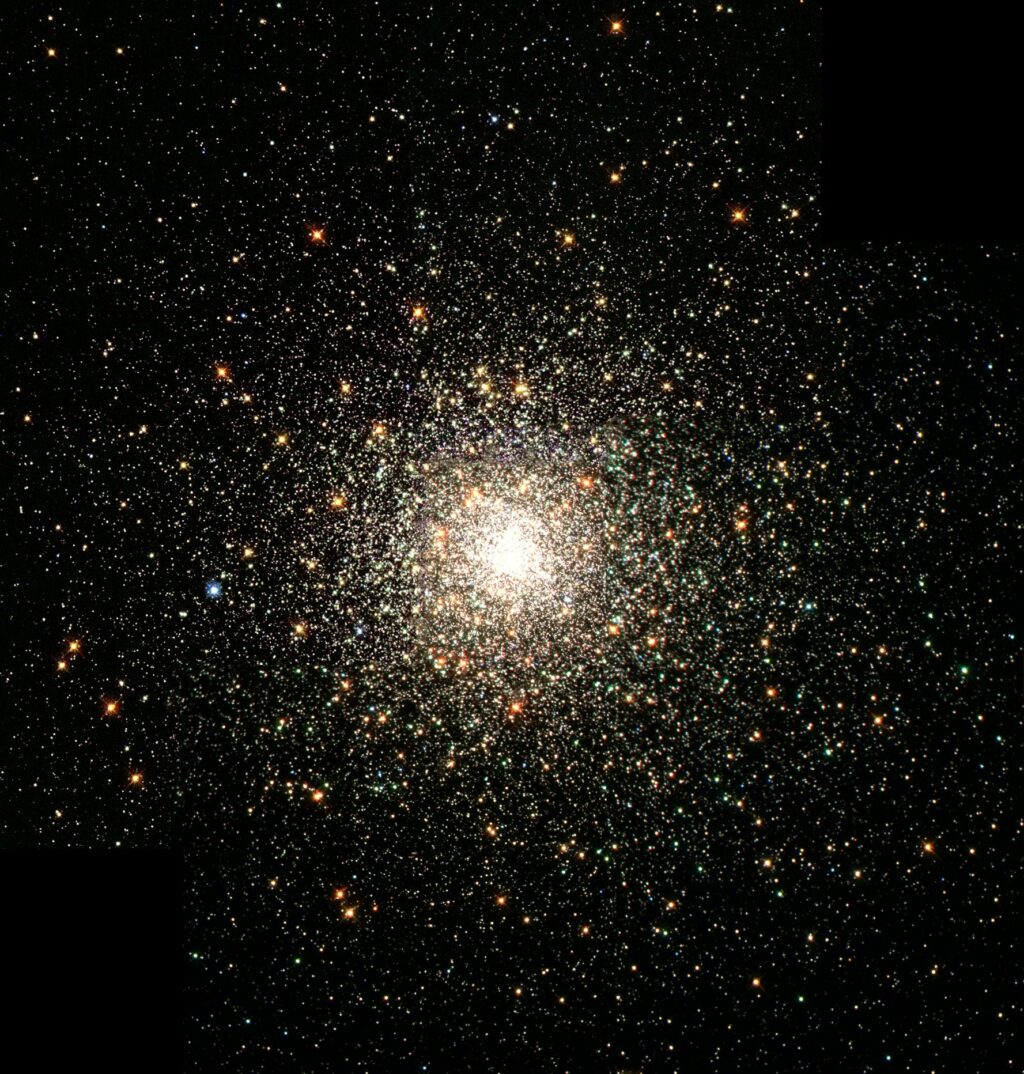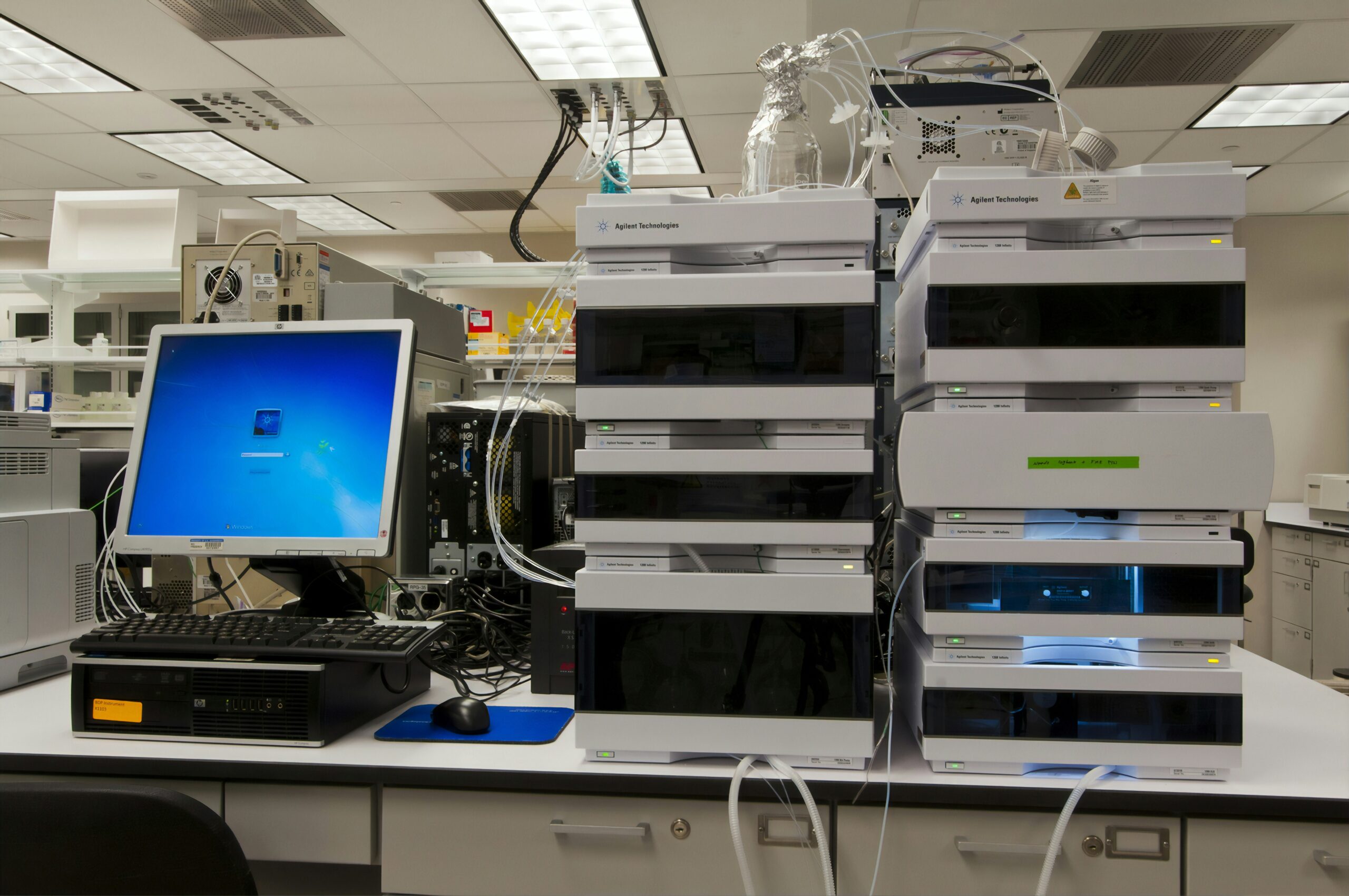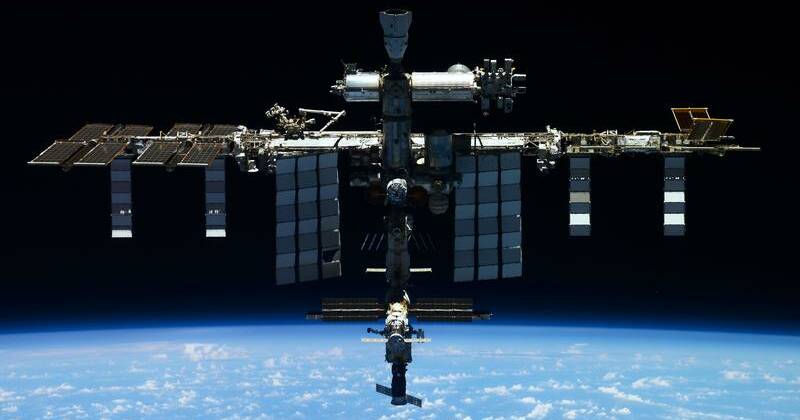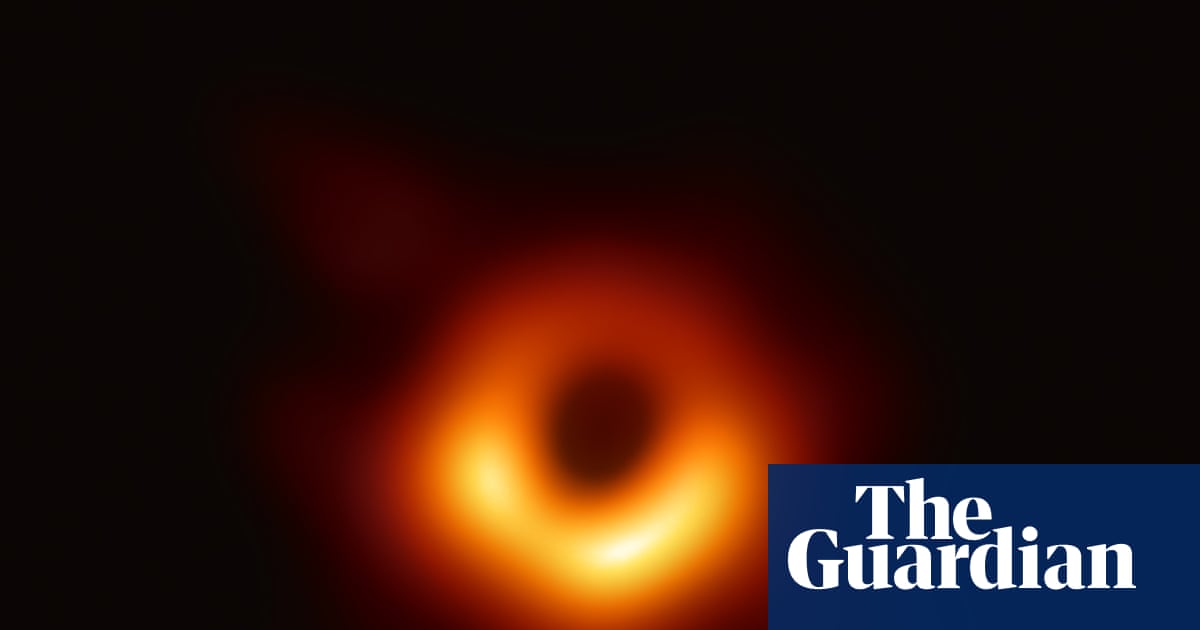
In a groundbreaking collaboration between professional astronomers and citizen scientists, an exploding star has been discovered thanks to the efforts of volunteers involved in the Kilonova Seekers project. This initiative was spearheaded by Dr. Lisa Kelsey from the University of Cambridge and Dr. Tom Killestein of the University of Warwick, under the guidance of University of Portsmouth Professor Laura Nuttall.
Dr. Kelsey, who worked on the project at the University of Portsmouth for three years, was pivotal in developing this public engagement project as part of Professor Nuttall’s UKRI Future Leaders Fellowship. The project utilizes data from the GOTO telescope system to engage the public in real-time astrophysical research.
Citizen Science: A New Frontier in Astrophysics
Professor Laura Nuttall expressed her pride in the project’s achievements, stating, “I’m really proud of everything Kilonova Seekers is achieving. We’re engaging with people in just about every timezone, and thanks to their enthusiasm for the project, they are making discoveries and contributing to furthering our understanding of astrophysics.”
Dr. Kelsey highlighted the power of citizen science, noting, “Citizen science is a powerful way to make novel serendipitous discoveries in vast datasets that would normally need to be analysed in depth by scientists. With over 2.8 million classifications so far, the discovery of GOTO0650 is really the pinnacle of two years of consistent hard work from our volunteers.”
The Impact of Volunteer Contributions
Dr. Tom Killestein, co-lead of Kilonova Seekers, emphasized the unique opportunity this project provides for the public to engage in real-time astrophysics. He remarked, “Remarkably, public volunteers identified this star as an object of interest within three and a half hours of the image being taken by the GOTO telescopes.”
The project has shown that the vast number of observations taken in these imaging surveys will soon exceed the capacity of individual scientists to process. As such, citizen science offers a viable solution to avoid missing significant astronomical events like GOTO0650.
Personal Stories of Discovery
Volunteers like Cledison Marcos da Silva have found personal fulfillment through their contributions. “This discovery was very important to me, as I was going through a serious health problem and the citizen science we do at Kilonova Seekers was distracting me from my situation,” he shared.
Another volunteer, Mayahuel Torres-Guerrero, described the journey from discovery to publication as personally rewarding. “I had the opportunity to learn how to download data from LCO telescopes and to produce light curves that allowed us to monitor echo outbursts,” she explained.
Future Implications and Opportunities
Kilonova Seekers has engaged over 3,500 members of the public worldwide, spanning 23 timezones. This global participation ensures that there is almost always someone online to analyze data in real-time, significantly increasing the chances of discovering new astronomical phenomena.
As the field of astrophysics continues to expand, the role of citizen scientists is becoming increasingly crucial. The success of the Kilonova Seekers project demonstrates the potential for public engagement to drive scientific discovery and highlights the importance of collaborative efforts in advancing our understanding of the universe.
Looking ahead, initiatives like Kilonova Seekers could pave the way for more inclusive and diverse participation in scientific research, offering people from all walks of life the chance to contribute to groundbreaking discoveries from the comfort of their own homes.





